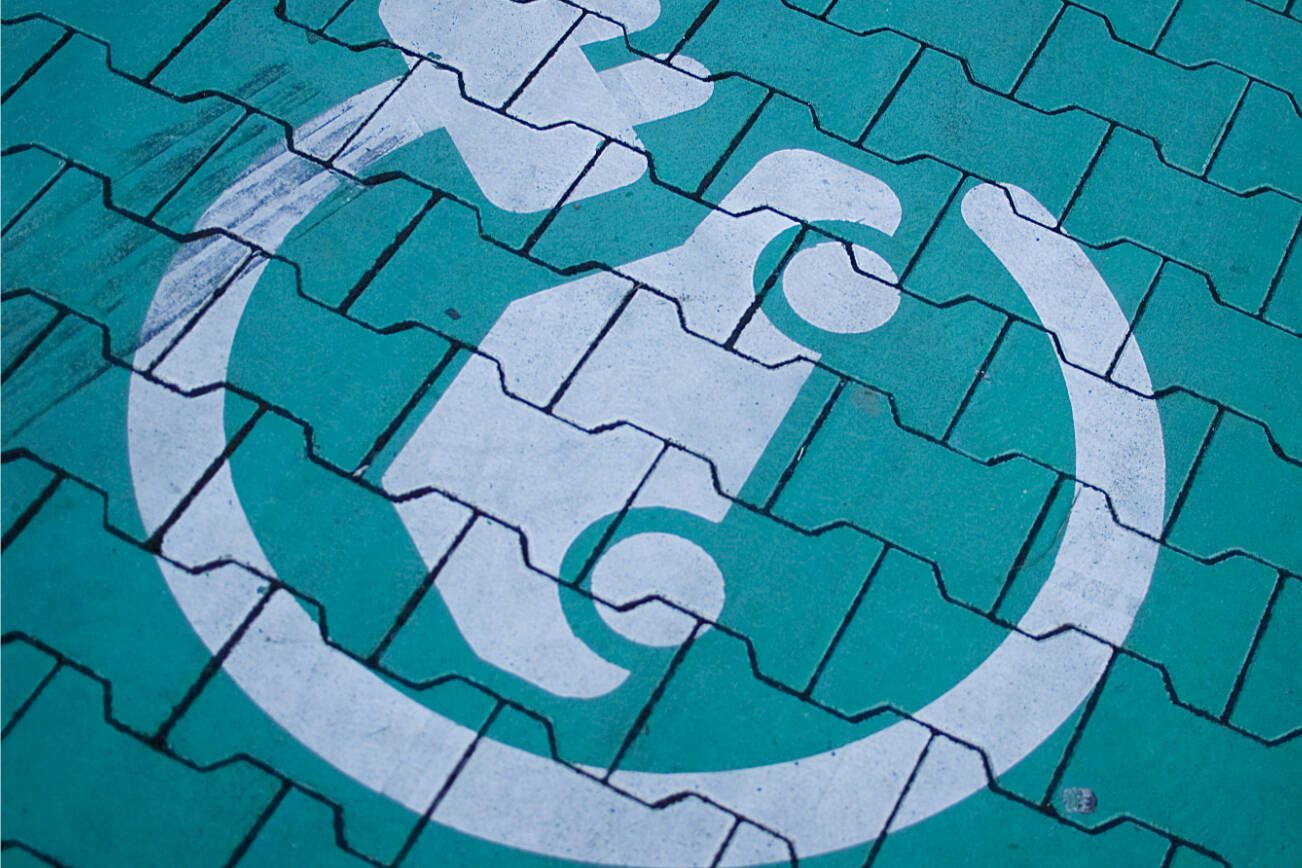By The Herald Editorial Board
If the words “linkage,” “carbon markets” and “cap and invest” seem as dry as a bread slice forgotten in the toaster, let’s add the words “gas prices” and “climate solutions” and see if that returns eyes to this page.
The news earlier this month that Washington state is moving forward with a plan to link its auctions for carbon emissions with similar carbon markets in California and Quebec, Canada, probably escaped the notice of most. Understandable; most of us aren’t in the market for buying the rights to emit a metric ton of greenhouse gases, at least not directly.
All the same, we are paying for those allowances in the prices we pay for energy and more, with every gallon of gas for our cars and trucks, for the natural gas that heats many homes and buildings, the goods that are shipped to us and — even in hydropower-abundant Washington — the electricity produced by some utilities. As part of the state’s Climate Commitment Act, passed in 2021, the state set up its “cap-and-invest” program, requiring polluting industries and others that emit greenhouse gases to purchase allowances for the carbon, with prices set at quarterly auctions.
The intention of the program is to recognize the costs of carbon emissions in the warming that’s causing the climate crisis and the health impacts from pollution, prompt industries to find ways to reduce their emissions — getting near to net-zero emissions by 2050 — and use the revenue raised by the auctions to invest in solutions that produce the technology and infrastructure for clean energy, reduce pollution and greenhouse gases and correct more than a century of harmful impacts from fossil fuels, in particular for disadvantaged communities.
And Washington’s auctions have exceeded expectations in terms of the revenue they have brought in, with less than a full year of allowance sales. With the fourth of four main auctions scheduled for early December, the program has generated nearly $1.5 billion in revenue for the state. Counting on two years of auction revenue, the Legislature this year allocated about $2 billion in investments for the two-year budget, meaning the auctions exceeded what had been anticipated.
What that’s paying for includes spending in the state’s general, capital and transportation budgets, including investments in electrifying transportation, including EV-charging stations, hybrid-electric ferries, zero-emission medium- and heavy-duty vehicles used in shipping; rebates and assistance for home weatherization and energy-efficient heat pumps; and strengthening of the state’s air pollution monitoring network to better identify sources of pollution and methods to address them.
With that windfall in revenue, expect state lawmakers to look at further investments in coming budget years. Advocacy groups are offering their own ideas. Clean & Prosperous Washington has called on legislators to boost the sales of electric and other zero-emission vehicles with sales tax exemptions and cuts of vehicle license fees.
The flip-side of that auction windfall, however, is the realization that consumers are paying for those emission allowances with every gallon of gas, every degree on the thermostat and more. Up to a point, that’s as it should be; we’ve been subsidizing cheap energy and seeing the results in the health effects of pollution and the creep in global temperatures, reaching record highs this year.
What are we paying at the pump? The Washington Policy Center, a conservative policy group, made an attempt at the math and calculated that a recent price of $56 for a metric ton of carbon worked out to adding 45 cents to the cost of a gallon of gas, and pointed to this summer’s surge in gas prices in the state, for a time the highest in the nation.
But more goes into the price of fuel, including profits. Others, including Gov. Jay Inslee’s office, cited in a Crosscut article, have suggested that oil companies have used the auctions as cover for some of the nation’s highest profit margins, at 60 to 80 cents a gallon. Climate advocacy group Climate Solutions has put the oil companies’ profit as high as $1.09 a gallon in Northwest states.
And, given the lack of transparency into what goes into a gallon of gas, figuring what carbon allowances add to it isn’t clear. California, which has been auctioning allowances for about a decade, brought in an average of $28.08 a ton in 2022, compared to a recent Washington auction that earned $56 a ton. Gas prices for the two states as of Thursday, according to AAA: $4.55 a gallon in Washington; $5.11 in California.
Still, the backlash against higher gas prices raises concern for the public’s acceptance and the long-term sustainability of the cap-and-invest program. Which is one reason why Washington is looking to join California and Quebec in a combined carbon market.
Combining the markets, called “linkage,” is expected to create a more durable and sustainable market for Washington, said Laura Watson, director of the state Department of Ecology. When the process is complete, it should help to moderate the price of carbon allowances and provide more predictability in their prices. That predictability should avoid larger than usual swings in energy prices and also allow lawmakers more certainty in the revenue expected as they plan climate investments.
Linking the markets, Watson said, in a blog post, “likely offers our state the best path to a successful, stable carbon market that will allow us to meet the greenhouse gas emission limits set in state law.”
OK. That’s still pretty dry. But now you know what you’re getting for your ton of carbon.
Talk to us
> Give us your news tips.
> Send us a letter to the editor.
> More Herald contact information.

























